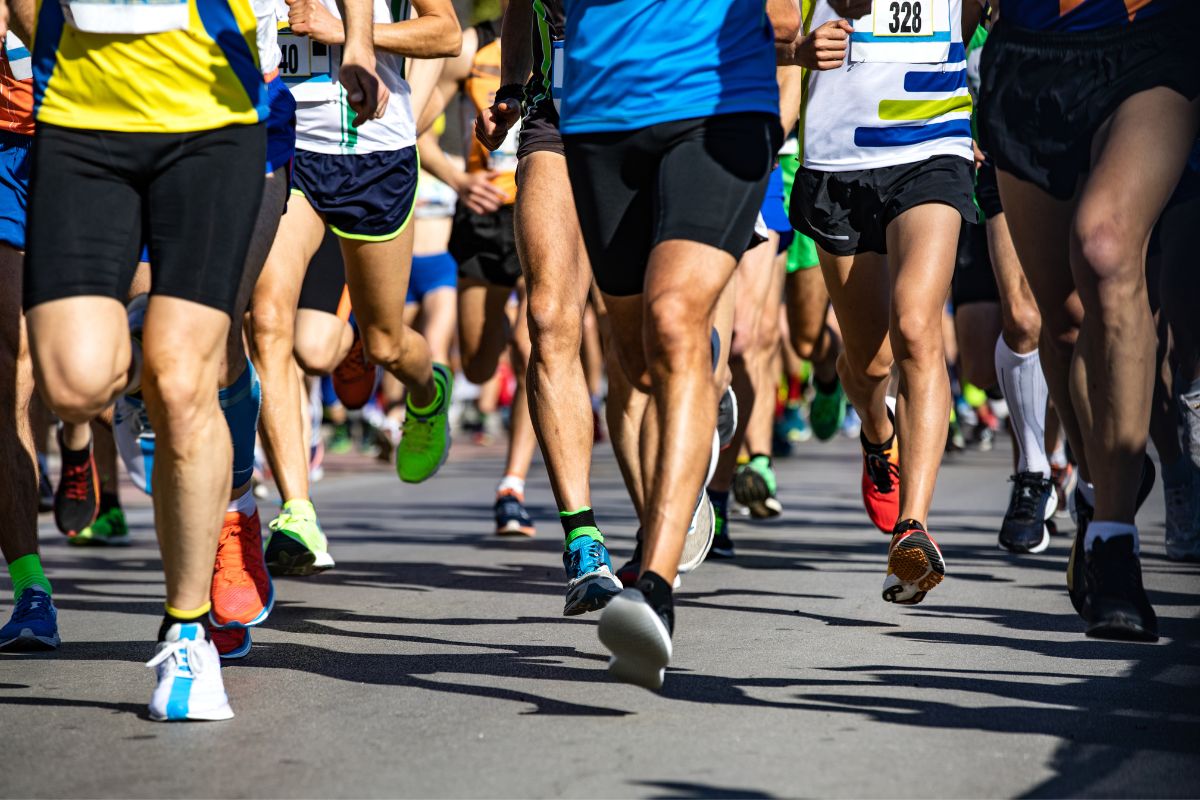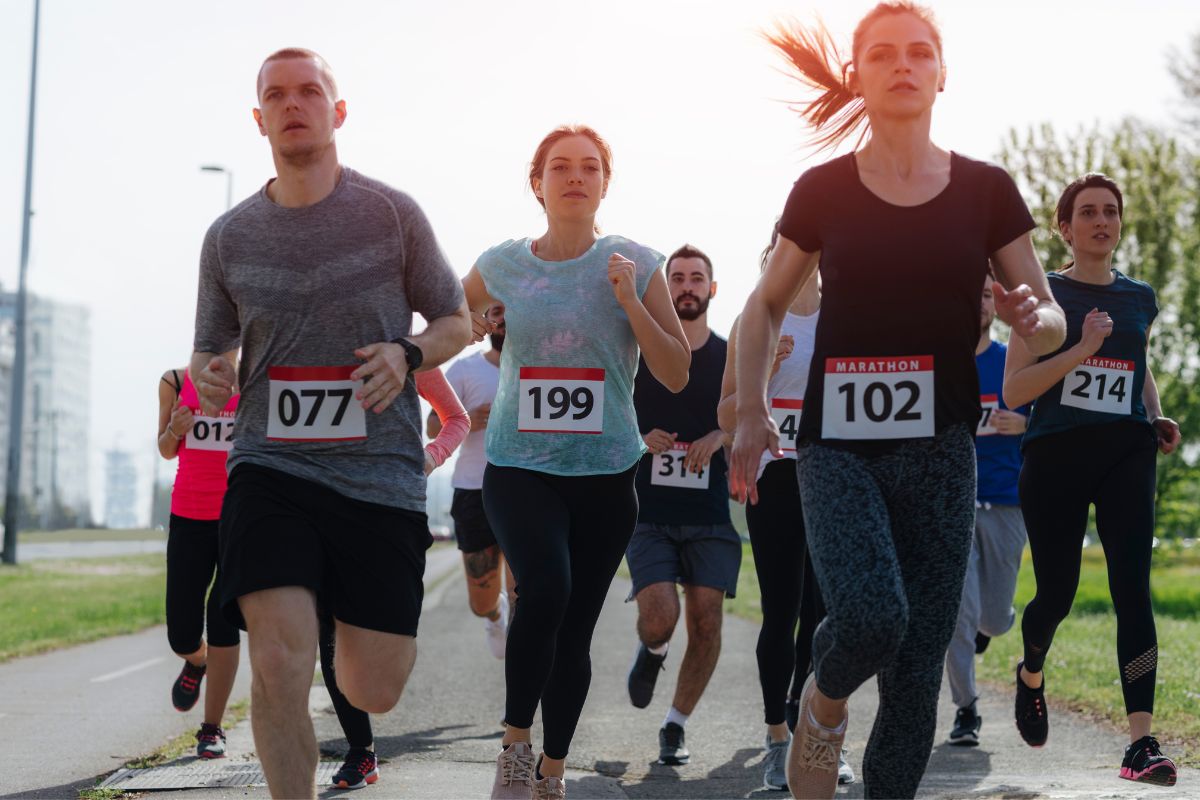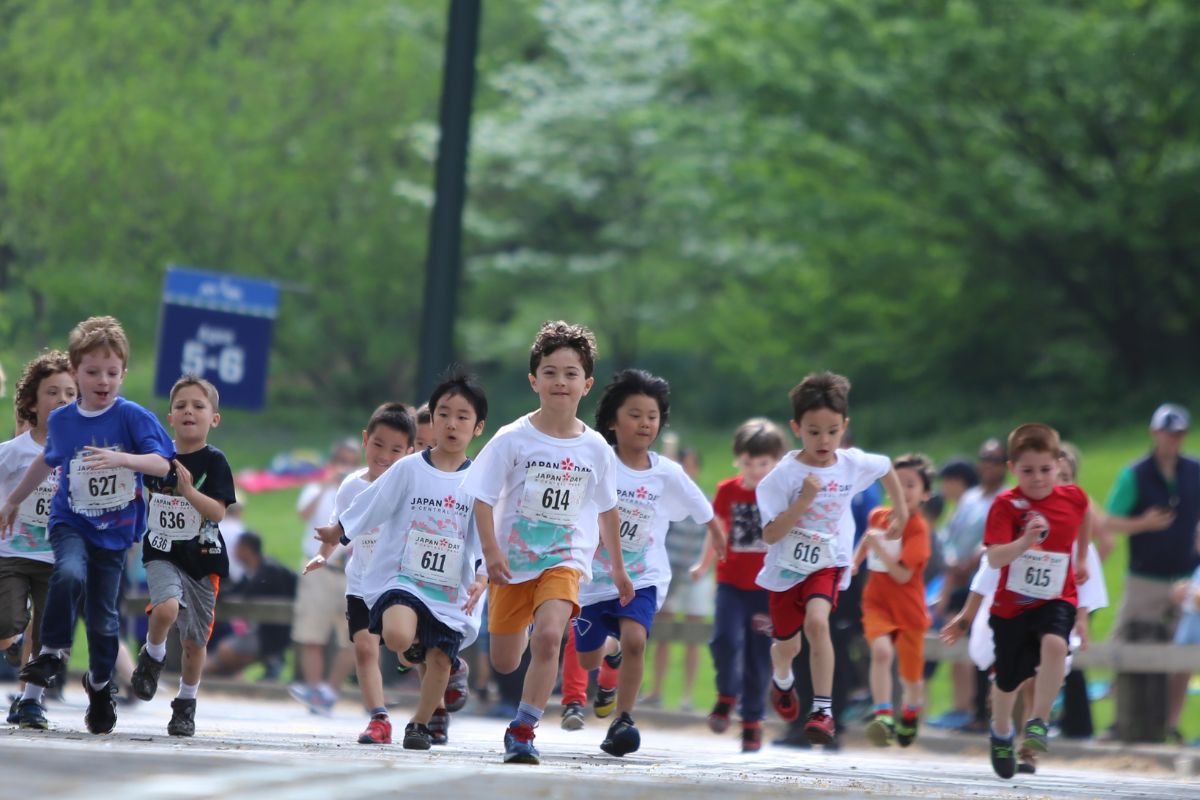The Boston Marathon has become synonymous with American sports history. How did this iconic event come into being? What was its impact on society?

The Boston Marathon is the oldest annual footrace in America. It began in 1897 as a race between two men from New York City and two men from Chicago.
In 1908, women were allowed to compete. Since then, the race has grown into a global sporting spectacle, attracting thousands of runners every year.
This long-distance running competition has had a profound effect on American culture.
It has also inspired countless books, movies, and songs. This article explores some reasons why the Boston Marathon is so famous.
Why Did The Boston Marathon Originally Start?
In the early days of running marathons, there weren’t many races. There were no qualifying standards. If you could run 26 miles, you could run the race.
In 1896, the first Boston Marathon didn’t even have a winner.
But it had a course that began near Fort Point Channel and wound around the city streets. And it had a starting line in front of Faneuil Hall. Over the next century, the race grew into what we know today.
The field expanded to include women. Qualifying standards were established. The race became a national event. And it became a symbol of American identity.
In the early days of the modern Olympics, athletes ran races up to 40 kilometers long.
In 1896, the marathon was introduced as a 42-kilometer event. This distance was chosen because it was thought to be about the length of a normal day’s march.
At the time, the average daily wage for unskilled workers was around $3 per week. A 40-kilometer marathon seemed like a reasonable goal for most people.
However, the marathon distance was changed as a result of events leading up to the 1908 games.
In 1907, the distance was increased to 50 kilometers, and in 1909, it was decreased to 42 kilometers. These changes were made to accommodate the growing popularity of the sport.
By 1912, the marathon had become one of the four main events in the Summer Olympics.
5 Reasons Why the Boston Marathon Is So Famous

- It’s one of the most prestigious marathons in the world.
- It’s America’s oldest annual sporting event.
- It attracts major athletes from around the entire globe.
- It’s the birthplace of the modern marathon for women and men.
- It’s an advocate of sponsoring.
Prestige
The Boston Marathon itself is actually one of the most prestigious marathons in the entire world.
In fact, according to the event’s website, “the Boston Athletic Based Association holds the exclusive right to conduct the BAA Boston Marathon.”
However, even though it’s considered an elite race, it’s actually very achievable for unprofessional marathon runners.
After all, the Boston Marathon sets apart athletes who participate in twenty-four different charitable organizations, raising a minimum of 10 million dollars per year.
The Rich History
The Boston Marathon is the world’s oldest, consecutively run, marathon, with the first running in 1897.
The race began as a way to raise money for charity, but over time, it became a national event, bringing together thousands of participants from all around the globe.
In the early days, there were only 15 competitors. Nowadays, the race has, on average, about 30,000 participants every year.
For most of its history, the race itself was free. However, athletes refused to participate unless they were paid.
Until 1971, when the organizers agreed to pay $1 per runner, according to the New York Times.
Involved Spectators
Spectators are essential to the success of the Boston Marathon. They provide motivation, support, and entertainment along the way. In fact, spectators often set records for attendance at sports events.
The marathon attracts hundreds of thousands of people each year. This makes it one of the largest spectator sports events in North America.
The race takes place on a special Massachusetts state holiday called Patriots’ Day. Because of this, many local residents take the day off work and use it as a vacation.
Around 500,000 spectators attend every year. Many of them travel long distances to see the event. These spectators line the roads, cheering on the runners as they pass by.
This creates a unique atmosphere where everyone is involved, even those without a ticket to the race.
First Woman To Run The Race
In 1967, Katherine Switzer became the first American woman to officially complete the Boston Marathon. She ran without wearing a bib number or identifying herself as a woman.
Her run was met with hostility and threats from spectators and course marshals, including attempts to pull her out of the race.
Switzer was eventually able to finish the marathon, despite being repeatedly pulled off the course by race officials. Afterward, she told reporters that she “felt like I was running for my life.”
First To Sponsor Wheelchair Division
The Boston Athletic Association announced in May 1975 that it had added a wheelchair race to the annual Boston Marathon.
In doing so, the B.A.A., a nonprofit organization founded in 1897, became the first running event to sponsor the development of a separate wheelchair division.
In 1976, the B.A.A. introduced the first official awards for the men’s and women’s divisions. A total of $1,500 was awarded to each finisher. At the same time, they established a handicap system based on age, weight, and disability.
In 1977, they sponsored the first national championship wheelchair races.
Final Thoughts
The Boston Marathon is rich in both history and notoriety. From the very beginning, it was a race that attracted all kinds of people, from local residents to international visitors looking to participate in this long-standing tradition.
Like any custom, there are a million different stories about how the marathon got started, what it looks like today, and why it continues to thrive.
Some of these tales are better known than others, but they’re all equally important to preserve the tradition.
- Can Dogs Run Faster Than Humans? (Running With Your Furry Friend) - October 4, 2022
- 10 Doggie Fun Runs You Will Love [Ultimate Guide] - October 4, 2022
- What Are Division Results In Running? - October 4, 2022








